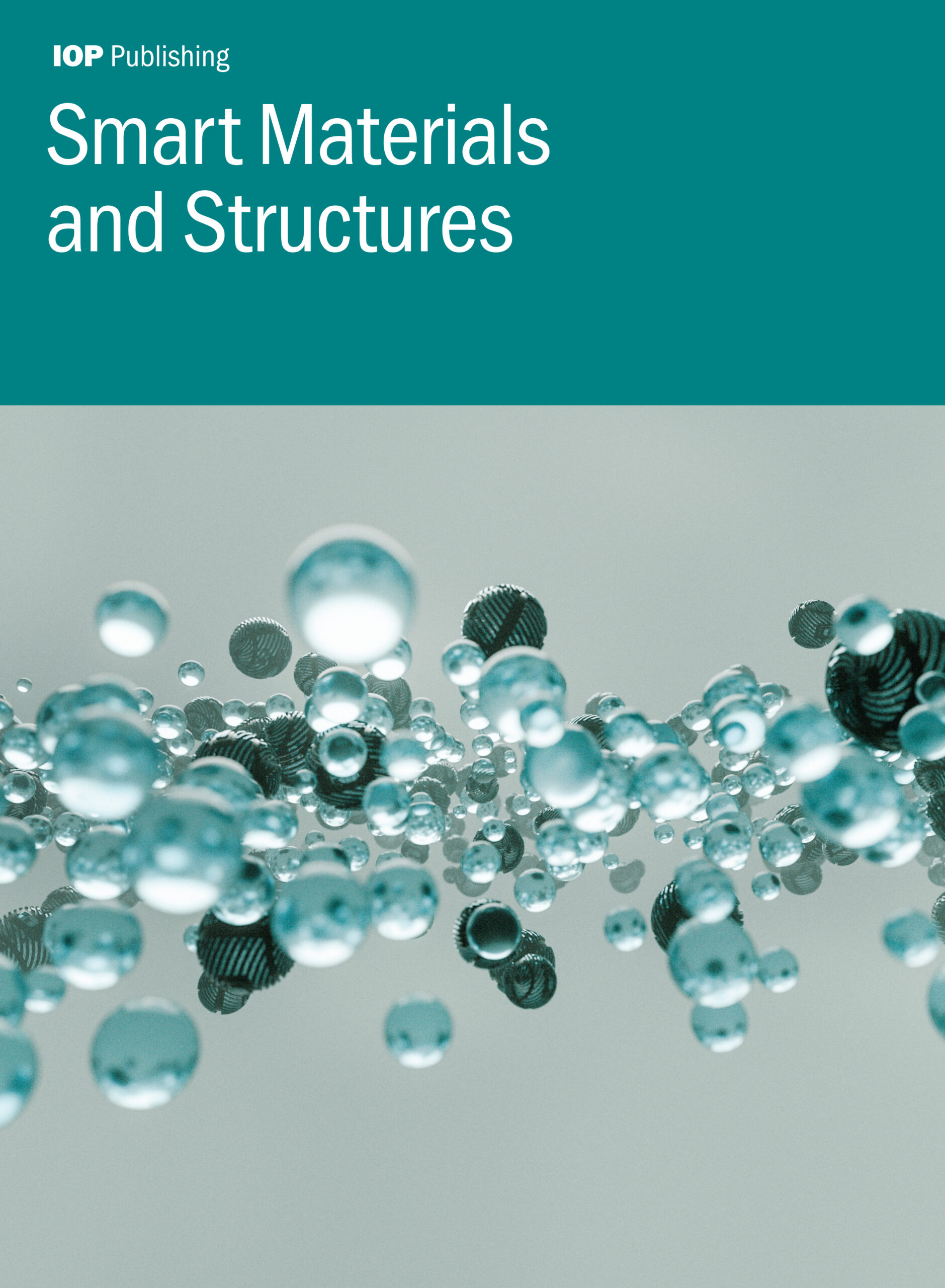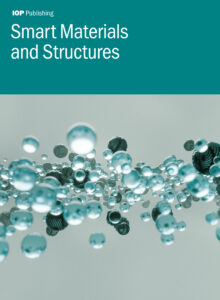SMS特刊征稿|人工智能驱动的智能材料、结构设计和生命周期健康监测

特刊详情
客座编辑
- 谯自健,宁波大学
- 方仕童,深圳大学
- Daniel Yurchenko,英国南安普顿大学
主题范围
AI-Driven Smart Materials, Structural Design, and Lifecycle Health Monitoring form an integrated paradigm shift toward autonomous, self-adaptive engineering systems. The synergy between intelligent material innovation, AI-optimized structural design, and real-time health monitoring enables seamless transitions from design to operation to prognostics, ensuring resilience across the entire lifecycle. Traditional approaches, which treat material development, structural configuration, and maintenance as isolated stages, fail to address dynamic environmental stresses, aging effects, or evolving performance demands. By embedding AI into every phase—from programmable material synthesis to predictive diagnostics—these systems achieve closed-loop adaptability, self-powering capabilities, and failure immunity, critical for aerospace, robotics, biomedical implants, and smart infrastructure.
We propose this special issue to explore AI-enabled co-design frameworks that unify smart materials, adaptive structures, and lifecycle health monitoring. Contributions should emphasize how AI bridges multi-scale physics (e.g., piezoelectric responses, shape-memory transitions) with structural functionality (e.g., energy harvesting, damping, actuation) while enabling continuous health assessment. Key challenges include multi-physics modeling, edge-AI deployment for optimization, real-time decision-making, and interpretable lifecycle prognostics. Interdisciplinary integration of AI, advanced manufacturing, and material intelligence is essential. Potential topics include but are not limited to:
- AI-driven metamaterial design for dual-function energy harvesting and strain/damage sensing
- AI-optimized lattice/auxetic structures with tunable mechanics and embedded self-diagnosis
- 4D-printed self-repairing SMAs/polymers guided by AI deformation-recovery models
- AI-tailored acoustic metamaterials for vibration/noise suppression with real-time health feedback
- Soft robotics/hydrogels with AI-enhanced proprioceptive sensing and health analytics
- Smart structure digital twins fusing multi-modal data for lifecycle degradation prediction
- Self-powered sensor networks using piezoelectric/triboelectric metamaterials and federated learning
- GCN/Transformer-based NDE for micro-crack/delamination detection in 3D-printed auxetic composites
- Reinforcement learning-driven dampers/actuators adapting to real-time load/damage states
- Case studies: AI-driven dynamic adaptation in aerospace, biomedical, and civil infrastructure
投稿流程
特刊文章与SMS期刊常规文章遵循相同的审稿流程和内容标准,并采用同样的投稿模式。
有关准备文章及投稿的详细信息,可以参阅IOPscience页面的作者指南。
作者可登入期刊主页进行在线投稿,先选择“文章类型”,然后在“选择特刊”的下拉框中选择“AI-Driven Smart Materials, Structural Design, and Lifecycle Health Monitoring”。
投稿截止日期:2025年11月30日。
期刊介绍

- 2023年影响因子:3.7 Citescore:7.5
- Smart Materials and Structures(SMS,智能材料与结构)是一本多学科期刊,专注于智能材料、系统和结构(包括智能系统、传感和驱动、自适应结构和主动控制)的技术性进展。SMS内容涵盖:智能材料开发和应用;用作传感器和驱动器的智能材料;自适应结构系统;用于修正光谱偏移和折射率偏移的智能光学材料;用于地面车辆、飞机和民用基础设施;能源收集系统;利用仿生学和生物灵感的智能材料系统;3D打印智能材料及其应用;智能纺织品和可穿戴技术等。
